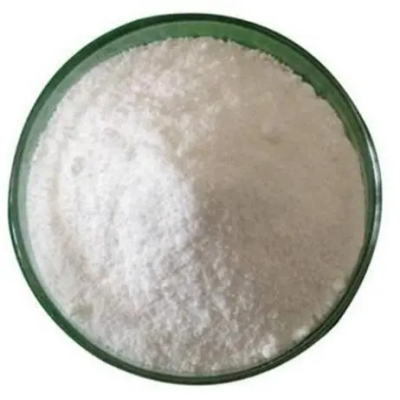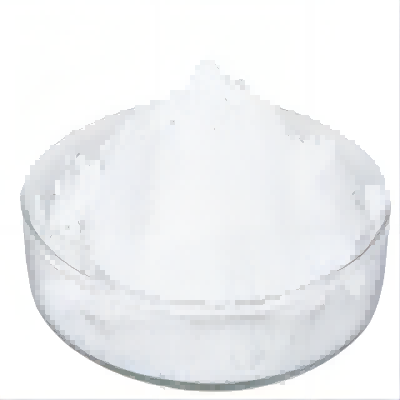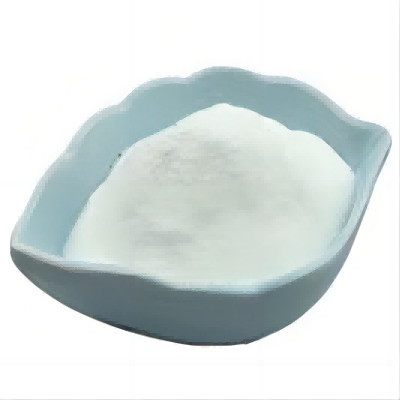FGL Acetate CAS:499993-62-3
FGL Acetate is primarily used in neuroscience and neurology research for its neuroprotective and neuroregenerative effects. The peptide is based on a sequence derived from fibroblast growth factor (FGF), which plays crucial roles in neuronal development, survival, and regeneration processes in the brain. Studies have shown that FGL Acetate can enhance synaptic plasticity and promote neuronal survival in animal models of neurodegenerative diseases and brain injuries. It is believed to exert its effects through interactions with receptors involved in FGF signaling pathways, which regulate cellular responses essential for neuronal health and function. One of the key applications of FGL Acetate is its potential therapeutic role in conditions such as Alzheimer's disease, where synaptic dysfunction and neuronal loss contribute to cognitive decline. Research indicates that FGL Acetate can protect neurons from toxic insults and facilitate synaptic remodeling, which may help to mitigate disease progression and preserve cognitive function. Furthermore, FGL Acetate has been investigated for its ability to enhance recovery after stroke or traumatic brain injury by promoting neuroplasticity and supporting the repair of damaged neural circuits. This makes it a promising candidate for the development of novel treatments aimed at improving outcomes for patients recovering from neurological damage. In experimental settings, FGL Acetate is administered via various routes depending on the study objectives, including intravenous injection or direct application to brain tissues. Its neuroprotective properties and potential for enhancing neural repair processes continue to be explored through preclinical research and may pave the way for clinical trials to evaluate its efficacy in human neurological disorders. In summary, FGL Acetate represents a valuable tool in neuroscience research and holds promise as a therapeutic agent for enhancing neuronal resilience, promoting recovery from brain injuries, and potentially delaying the progression of neurodegenerative diseases.
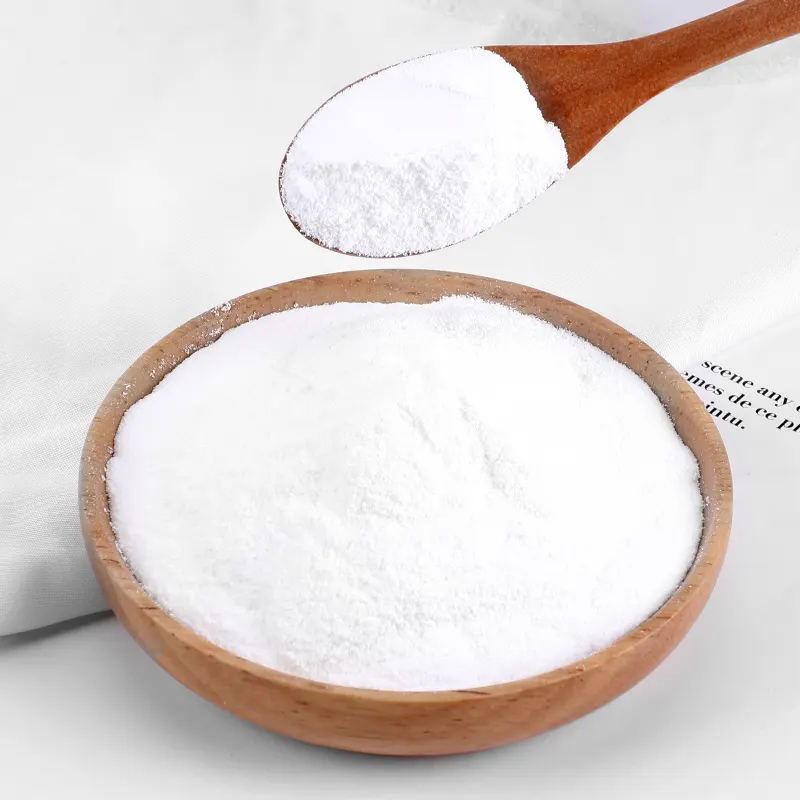
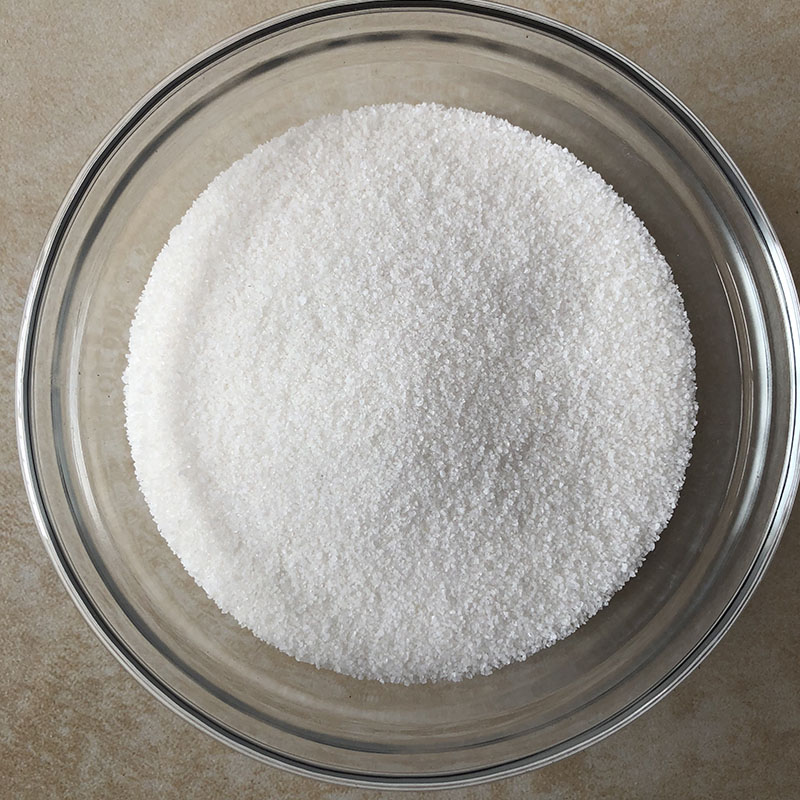


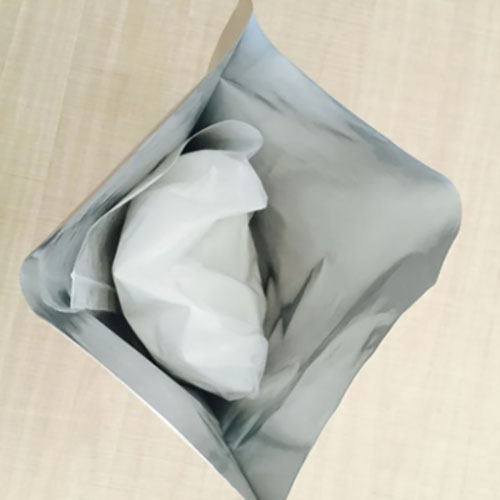

| Composition | C71H116N20O25 |
| Assay | 99% |
| Appearance | white powder |
| CAS No. | 499993-62-3 |
| Packing | Small and bulk |
| Shelf Life | 2 years |
| Storage | Store in cool and dry area |
| Certification | ISO. |





